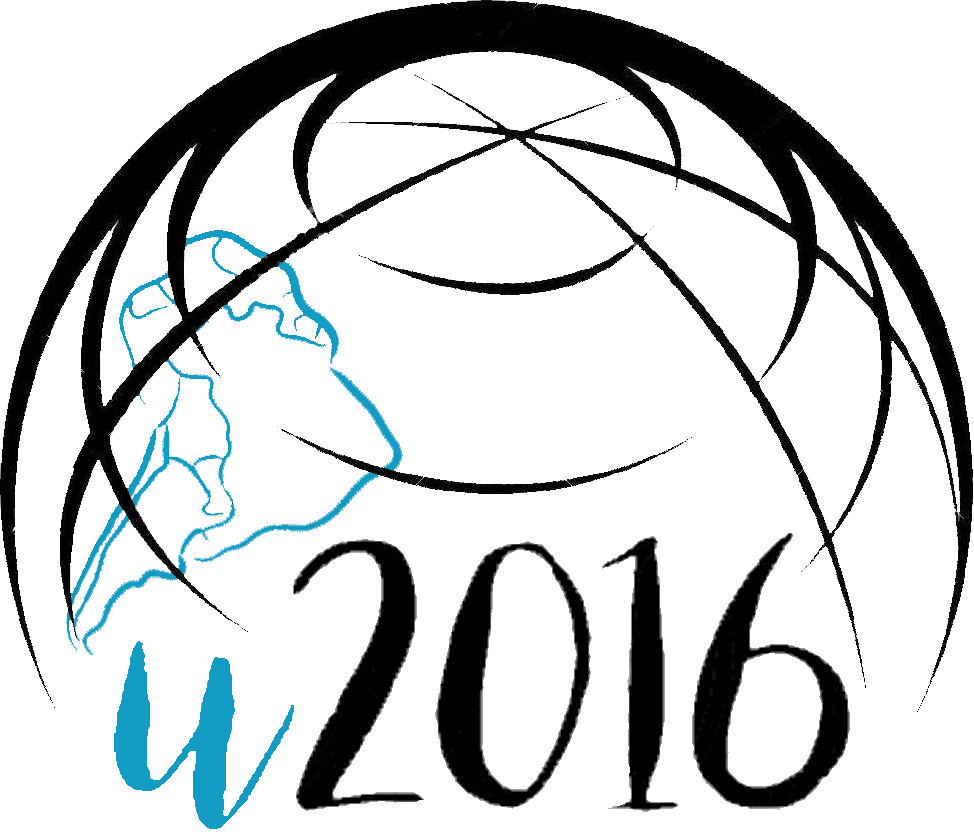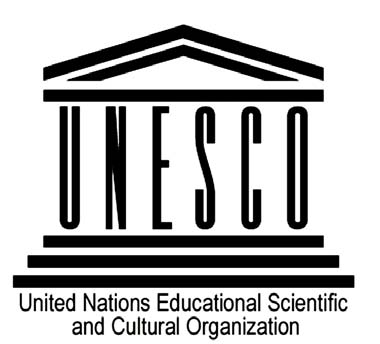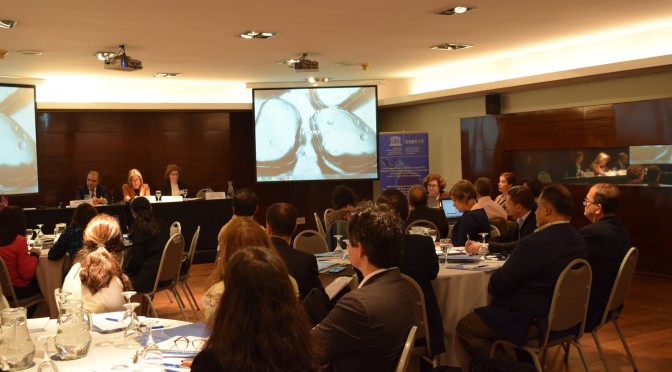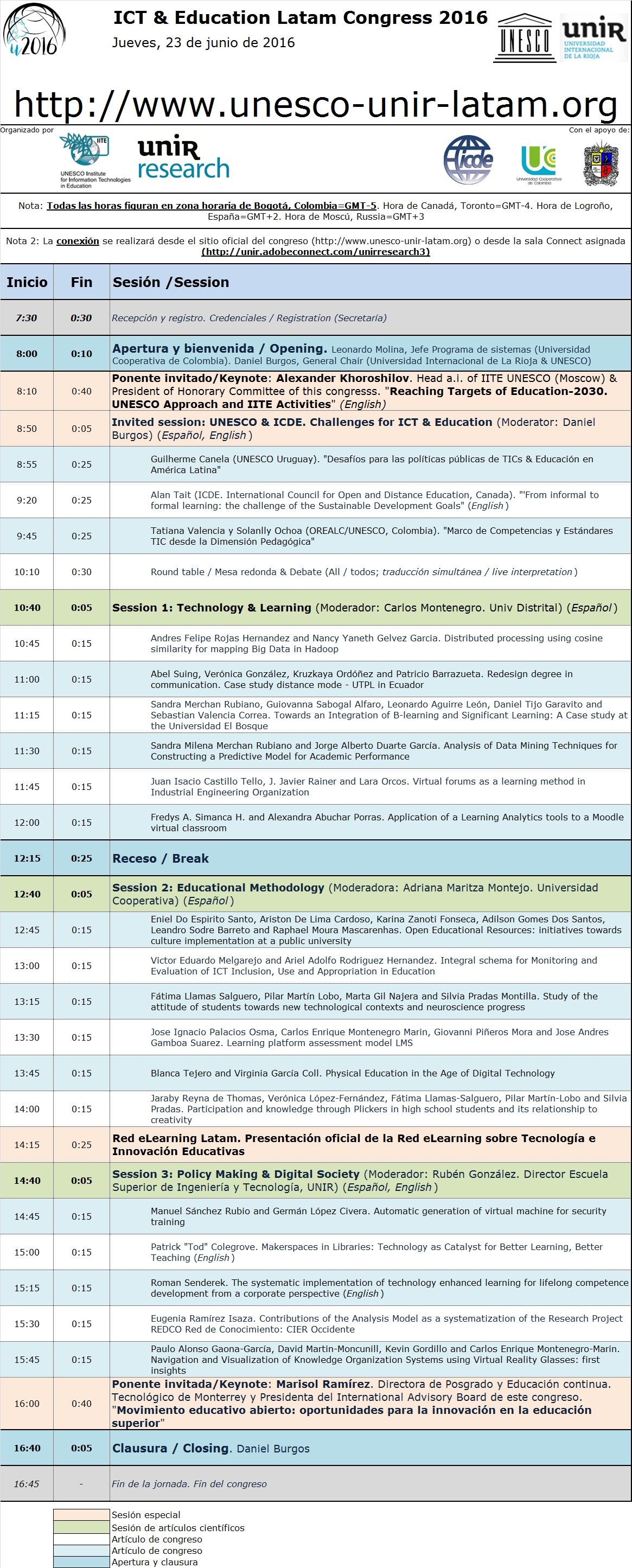Español: El congreso UNESCO-UNIR ICT & Education Latam 2016 ha editado un número especial con la revista JCR IEEE Latam. Esta publicación, lanzada justo después del congreso, muestra la relevancia y la calidad científica de las contribuciones y su impacto en la Sociedad. A continuación, se pueden consultar los enlaces directos de los autores seleccionados u extendidos de entre las contribuciones originales al congreso:
English: UNESCO-UNIR ICT & Education Latam 2016 has edited a special issue at the JCR-indexed IEEE Latam journal. This publication was launched right after the congress in June. It shows the relevance and scientific quality of the congress papers, along with their impact in the Society. Following, we list the direct links to the published papers at the journal, selected and extended from the original contributions to the congress:
Generación automática de máquinas virtuales para la formación en seguridad
(Automatic Generation Of Virtual Machines For Security Training)
|
Manuel Sánchez Rubio, Germán López Civera, José Javier Martínez Herráiz |
Modelo de Automatización de Reglas de Negocio en la Recepción de Solicitudes de Crédito en Entidades Financieras basado en Archimate
(Business Rules Model for the Automation in the Receipt of Credit Applications by Financial Institutions based on ArchiMate)
|
Yuri Vanessa Nieto Acevedo, José Fernando López Quintero, Carlos Enrique Montenegro Marín, Claudio Camilo González Clavijo |
OERaaS: recursos educativos como servicio mediante contenedores virtuales
(OERaaS: Open educational resources as a service with the help of virtual containers)
|
Alberto Corbi, Daniel Burgos |
Procesamiento distribuido aplicando similitud de coseno para la correlación de Big Data en Hadoop
(Distributed processing using cosine similarity for mapping Big Data in Hadoop)
|
Andrés Felipe Rojas Hernández, Nancy Yaneth Gelvez García |
Navegación y Visualización de Sistemas de Gestión de Conocimiento usando Gafas de Realidad Virtual
(Navigation and Visualization of Knowledge Organization Systems using Virtual Reality Glasses)
|
Paulo Alonso García Gaona, David Martín Moncunill, Kevin Gordillo, Rubén González Crespo |
Análisis de las técnicas de minería de datos para la construcción de un modelo predictivo para el Rendimiento Académico
(Analysis of Data Mining Techniques for Constructing a Predictive Model for Academic Performance)
|
Sandra Milena Merchan Rubiano, Jorge Alberto Duarte García |
Modelo de Evaluación en un proceso de selección basado en la gamification
(Assessment model in a selection process based in gamification)
|
Javier Albadán Romero, Paulo Alonso García Gaona, Carlos Montenegro Marín |
Los foros virtuales como método de aprendizaje de la Ingeniería de Organización Industrial
(Virtual forums as a learning method in Industrial Engineering Organization)
|
Juan Ignacio Castillo Tello, Lara Orcos, Jose Javier Rainer Granados |





